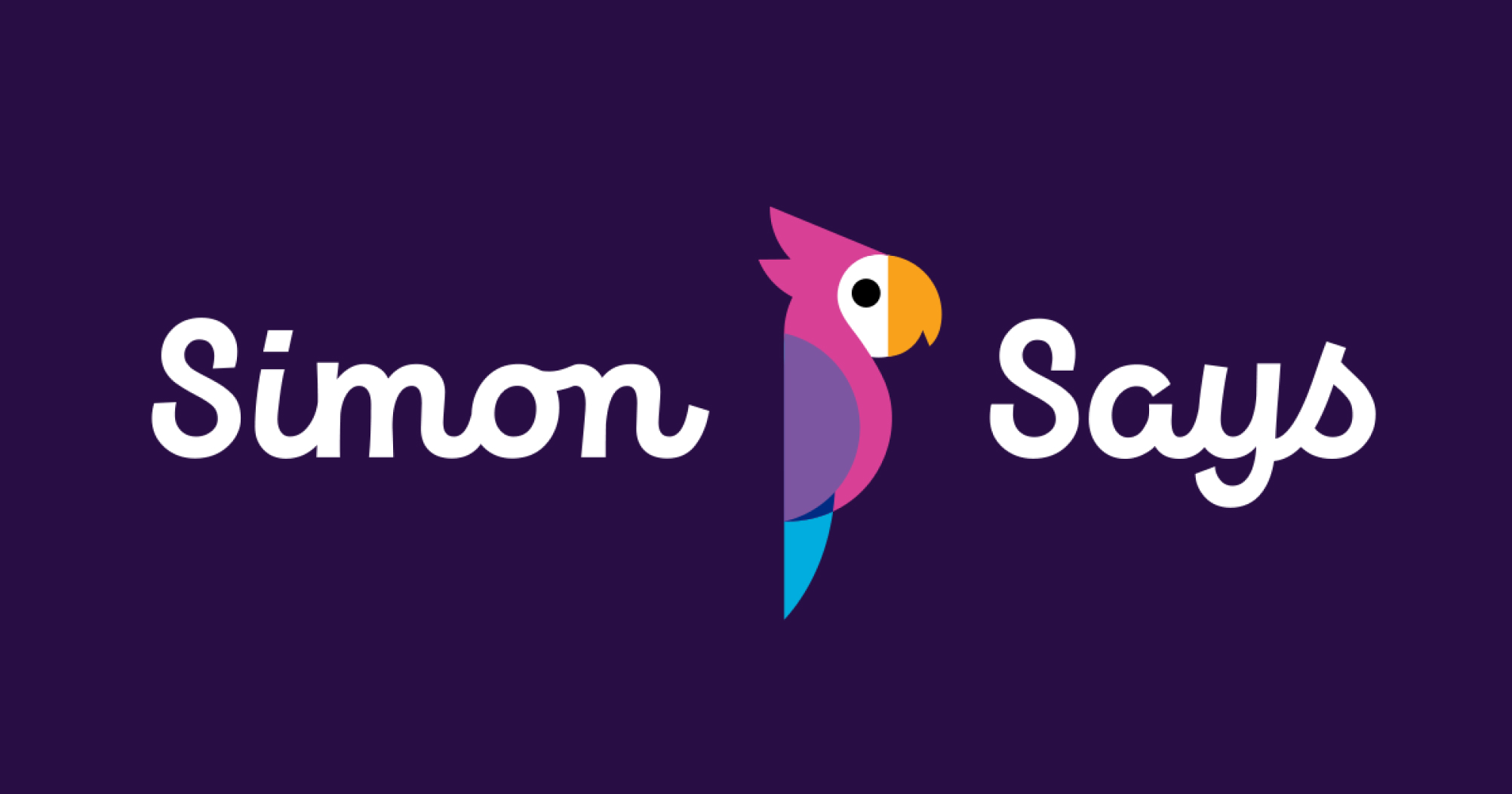

How Transcription Eases the Memoir Writing Process
Memoirs are one of the most effective, and personal, ways to capture and solidify an important moment in time or, in many cases, an entire life. From the heartbreaking loss of Joan Didion's The Year of Magical Thinking to the spiritual journey of Elizabeth Gilbert's Eat, Pray, Love to the unconventional comedy of Augusten Burroughs' Running with Scissors, memoirs are both a time capsule and source of entertainment. But writing your own can seem like a daunting task.

Of course, there are concerns about the craft and art of good storytelling. You'll need to identify the structure that works best for your memoir, the theme, the takeaways, and the parts of your life that you'll focus on. But before you get there, you need the informationÔøΩ your memories that will serve as the meat of the story. Whether you're simply recalling the details of a specific event or attempting to retell your full journey, how do you capture all the pivotal contours?
Recording Your Story
Writing it all down is perhaps the most obvious way to capture your thoughts. A lengthy stream of consciousness exercise helps you get everything on paper and gives you a place to start. But quite often, those of us with the most compelling stories aren't born writers. For someone who doesn't have extensive writing experience, approaching a memoir this way can add to the stress of the process. Even if you're a naturally gifted writer, it's still a time-consuming and messy way to dive in.
The best alternative to writing it all down is recording it.
Using a device to record your thoughts is a great way to begin. It's liberating. You can move through stories as openly and loosely as you please, without worrying about grammar, punctuation, or structure. And you can speak as long as you'd like plus it is faster to speak your thoughts and memories than it is to write them down. Recording your oral history levels the playing field for all memoir writers, novice and expert alike.
But once your audio is recorded, you need it transcribed. And this is often the stage where the process becomes frustrating.
Transcribing Your Memoir Notes
When the time comes to transcribe your memoir notes, you're faced with an overwhelming number of expensive options. Do you do it yourself and spend hours manually transcribing it? (Oh, how many memoirs have ceased at this stage out of sheer frustration and aggravation.) Do you hire a company? But selecting the right one can be just as difficult and super expensive. Pricing is variable, often too high, and, in many cases, hidden until you get started. (Oh, how many more memoirs have ceased at this costly stage.)
Simon Says can help. We're an automated transcription service that uses voice recognition technology to produce your memoir's transcripts in real-time. Simply upload your audio files (we accept almost every format), pay by the minute or choose a subscription plan, and start your transcription. Once complete, you can bookmark and annotate the key parts and export it to MS Word.

The memoir writing process is a labor of love that's complex and incredibly involved. With automated transcription, you can leave the mundane details to us and focus on the parts of your story that truly matter.
Sign up to Simon Says for free and get 30 minutes of free transcription credit when you do.
Happy writing.




